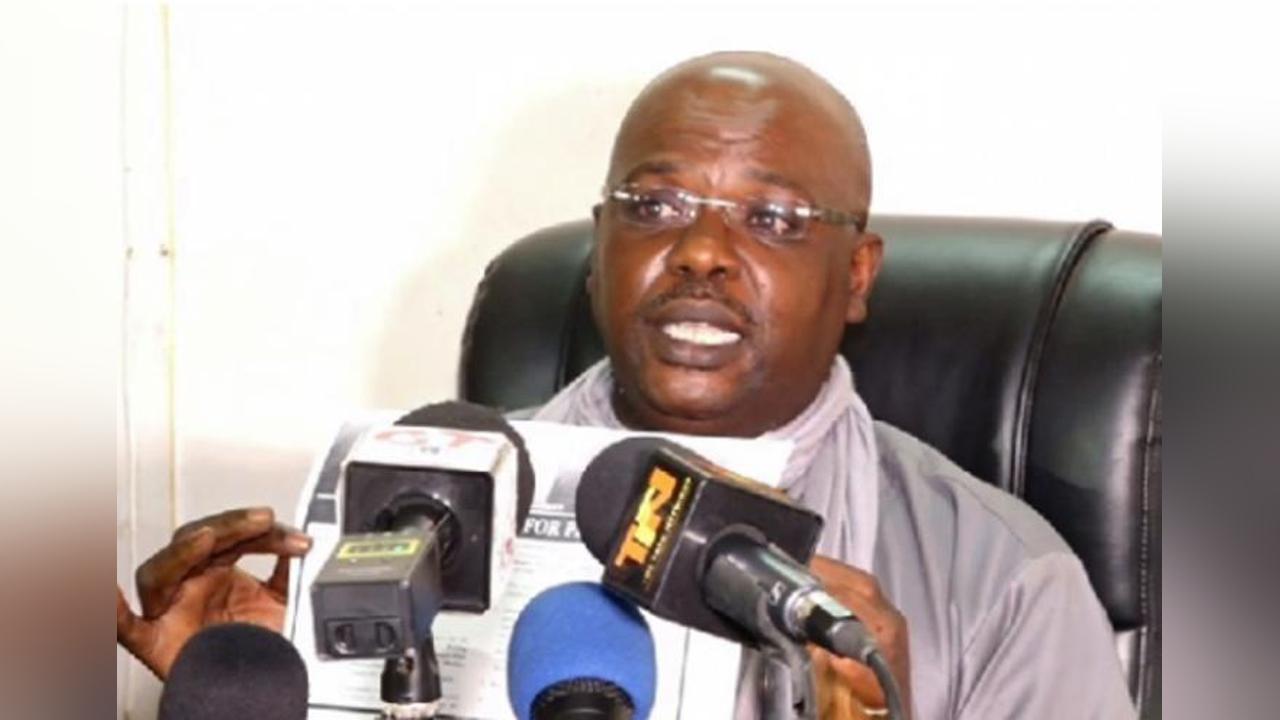Africa-Press – Gambia. Mustapha Batchily, former Chief Executive Officer of the Banjul City Council (BCC), has admitted to the Local Government Commission of Inquiry that standard procurement procedures were not followed in awarding a contract to Mbolo Association.
Appearing before the Commission, Batchily disclosed that the contract, valued at approximately three million dalasis, resulted in the payment of 50% of the total amount to the association without going through the required procurement process.
When asked by Lead Counsel Patrick Gomez to explain how the contract was awarded, Batchily stated, “We invited them and then worked with them.”
Counsel Gomez questioned whether such a procedure conformed to standard procurement guidelines. In response, Batchily explained that since Mbolo Association was not a registered company or firm, BCC believed it could engage them directly.
“You thought. Is that in accordance with the procurement regulations and the act?” Counsel Gomez asked.
Batchily conceded that it was not. He acknowledged the oversight and said the Council should have opened the opportunity to other non-governmental organizations (NGOs) engaged in similar development work.
Counsel Gomez put to him, “So it is correct to say you did not follow any procurement process.” Batchily replied, “No, it did not follow a procurement process.”
This admission came during his testimony as he submitted documents related to the contract, including a payment voucher, to provide context to the Commission.
Batchily further revealed that Mbolo Association was introduced to the Council by a certain Peter and Dawda Johns, a staff member of the Council.
“So, eventually, when the EU project idea was conceived, we thought it was good, we worked with them through the signing of a Memorandum of Association. So that is what eventually led to the agreement for them to be involved in these development works, and the whole idea is to give them half of the value of the contract,” he said.
He added that the contract involved support for self-sustaining initiatives, including training the Council’s cleansing service to improve efficiency in service delivery.
For More News And Analysis About Gambia Follow Africa-Press






